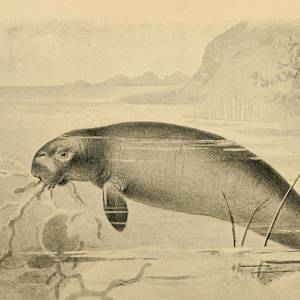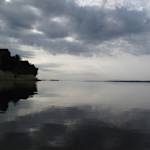The Most Beautiful Songs of the Humpback Whales
1960s - 2022 CE
“The Bermuda whales of the 1960's were not just ordinary singers.... they were great singers, composers, and poets.... before they vanished. Sometime between the late 60's and early 80's the Caribbean whale fishery probably killed the greatest humpback whale singer. It could explain why today's humpback whale songs are such pale copies of those of the 60's and why the North Atlantic is so musically lackluster today.” Whaling nearly took these behemoths out but protection under the IWC in 1966 help changed their status from endangered to least concern. The Japanese announced plans to kill 50 humpback whales in 2008 for "scientific research." After public outcry the Japanese agreed to halt the hunt for 1-2 years but what will happen after that? Unfortunately, the harpoon for the whales is the high levels of toxic pollutants in today's oceans which pose one of the greatest threats facing all large marine species."
WHAT YOU CAN DO
Help put a stop to Industrial and agricultural contaminants dumped into rivers and oceans. They accumulate as POPs (Persistent Organic Pollutants) in whale blubber, and affect their reproductive capacities.
Buy/Use less plastic. Plastic garbage floating as ocean debris is eaten by whales as well.
Buy local goods that don’t require overseas shipping and make sure to reduce, reuse, recycle.
Establish speed-limit restrictions in coastal waters frequented by the humpback whale.
FOR MORE INFORMATION
Visit Ocean Alliance, Oceana, Listen for Whales and NRDC.
Roger Payne
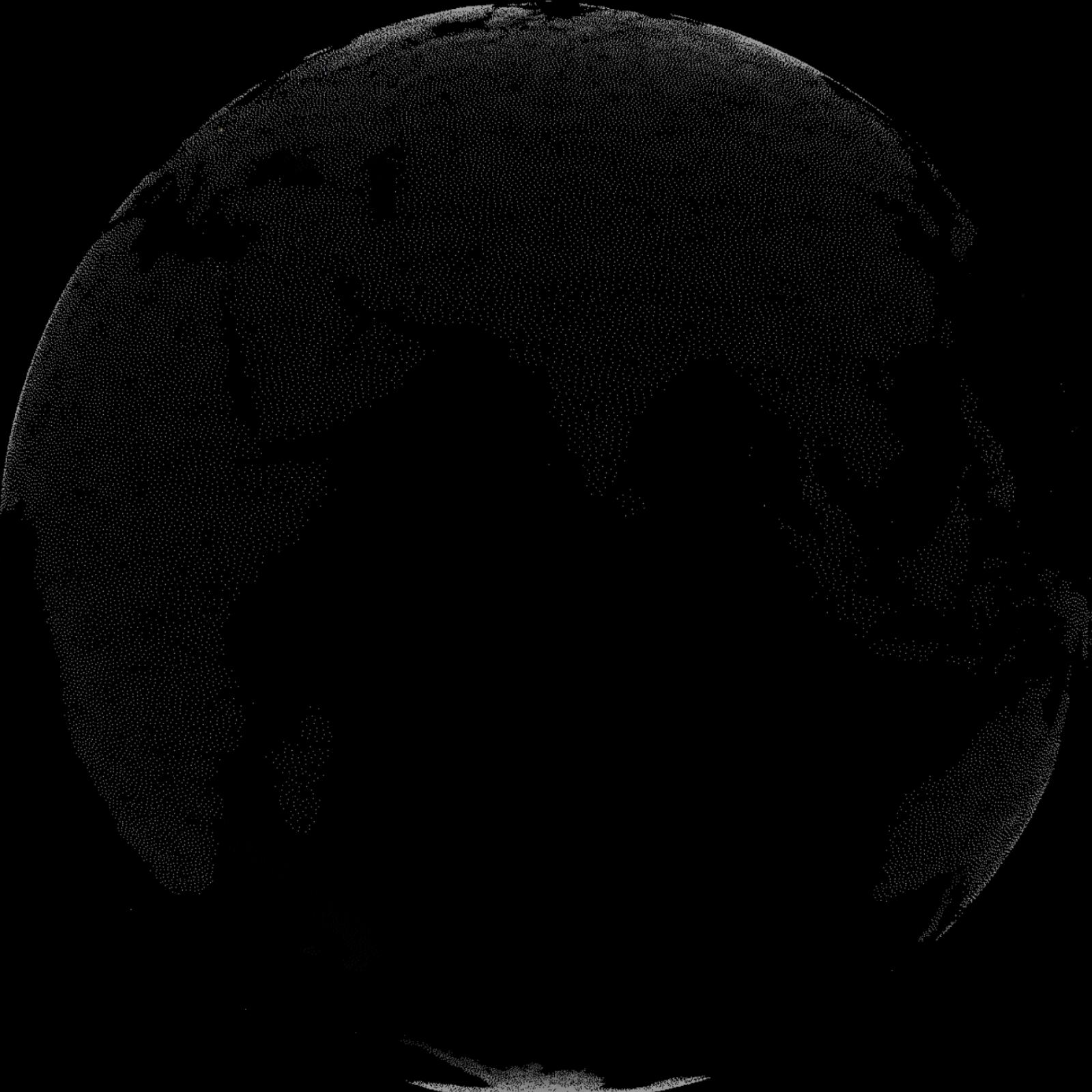

Learn about Maya Lin’s fifth and final memorial: a multi-platform science based artwork that presents an ecological history of our world - past, present, and future.
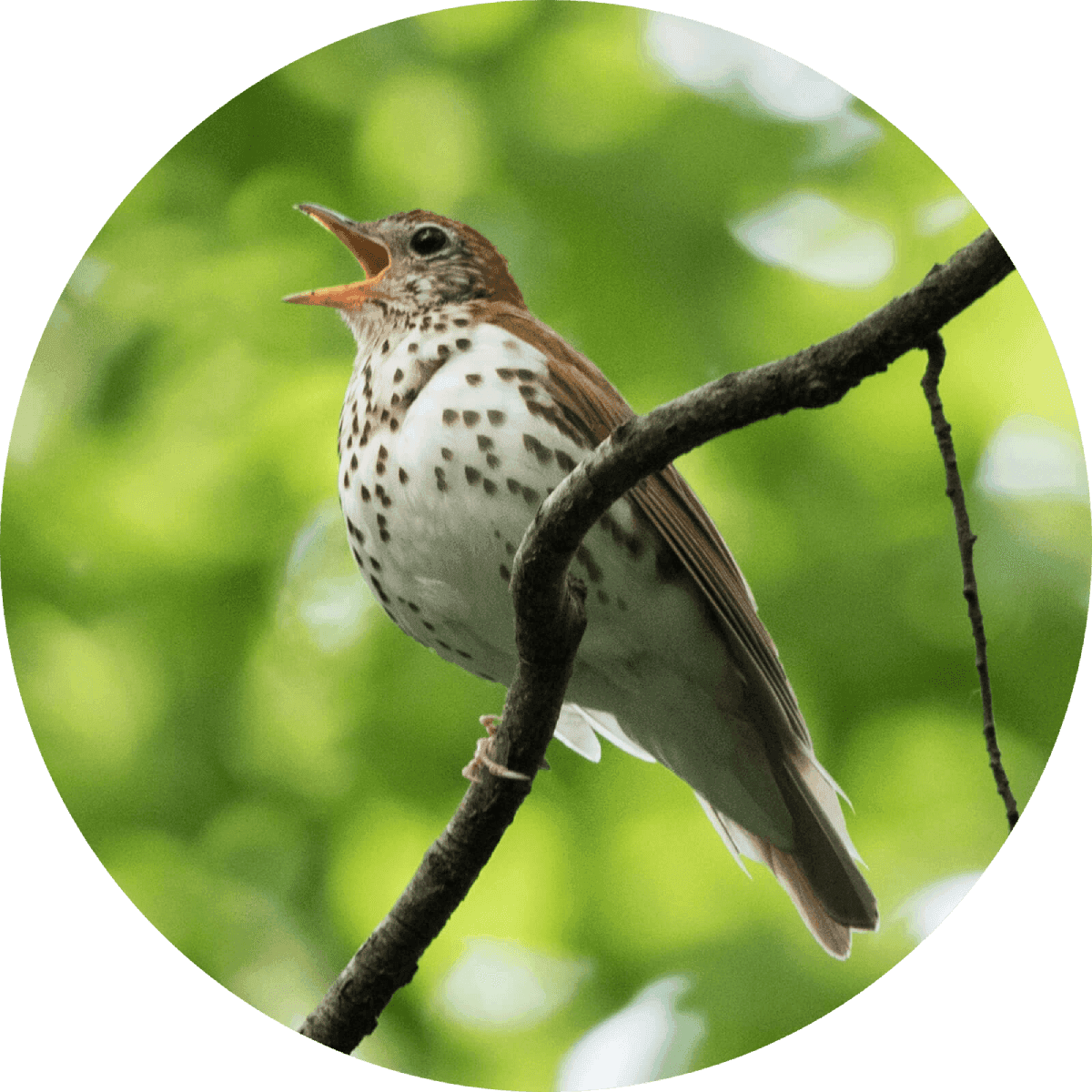
Discover ecological histories and stories of former abundance, loss, and recovery on the map of memory.
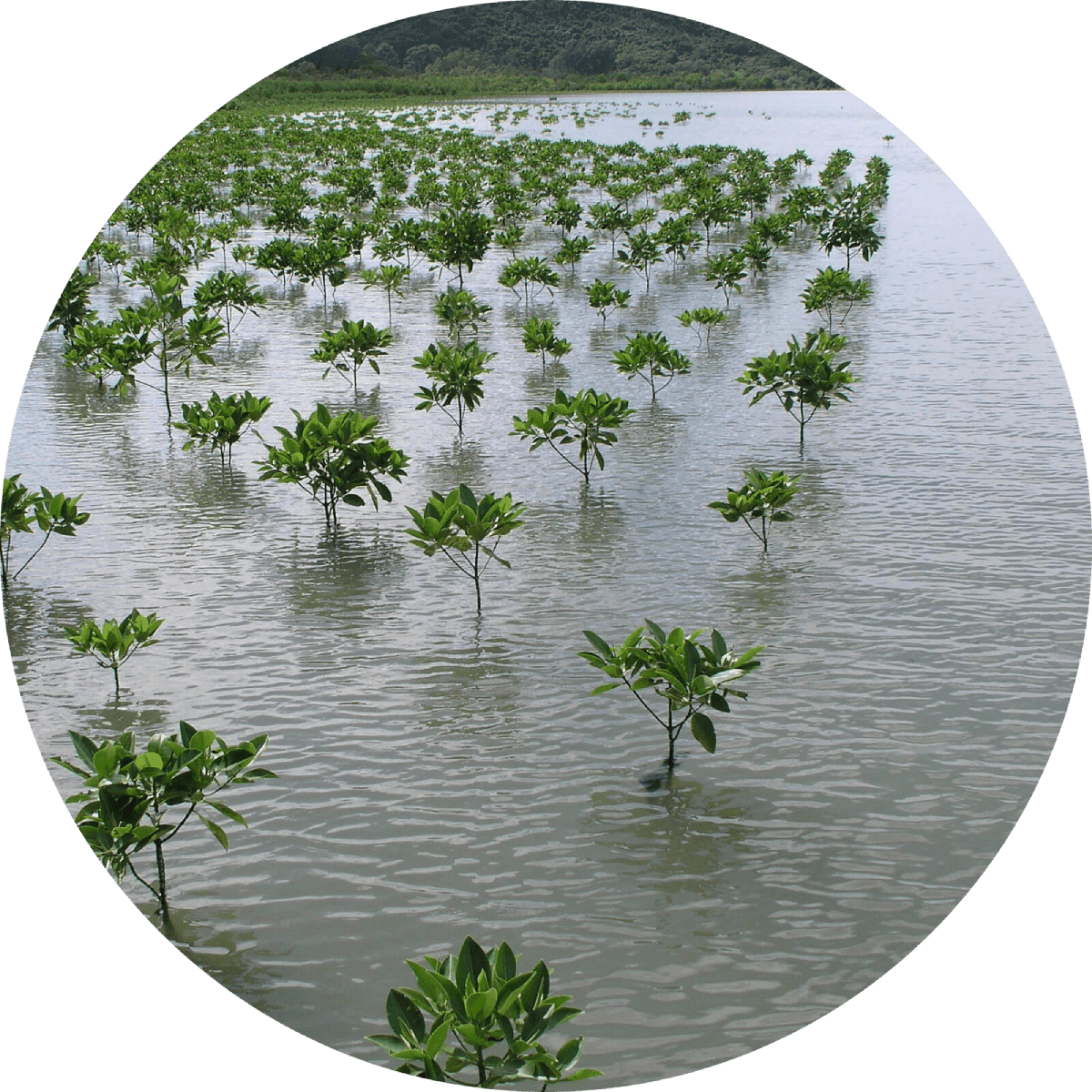
Learn how we can reduce our emissions and protect and restore species and habitats – around the world.

See how art can help us rethink the problems we face, and give us hope that each one of us can make a difference.

Help make a global memorial something personal and close to home. Share your stories of the natural world.
